Opinions
Putting fraud to bed in the hotel industry
06 DECEMBER 2017 8:31 AM
Steps can be taken to help reduce the losses to fraud, from guest schemes to employee theft.
By Deborah S. Friedland
According to the Association of Certified Fraud Examiners, the typical American company loses 6% of its annual revenue to internal fraud. That translates into a lot of towels.
Who are the culprits? Unfortunately, fraud can creep into every department of a hotel, including engineering, front desk, housekeeping, accounting and food and beverage.
What sets the stage for fraud? It’s a numbers game. The hotel industry is very transactions-based, with millions of transactions per day. Hotels often have many outlets, including rooms, bars, restaurants, retail, casinos and theme parks—many of which are cash intensive. As a result of these outlets, hotels need to keep a significant amount of product on hand, product that can disappear.
Furthermore, ineffective leadership combined with weak internal controls usually leads to much lower profits to the owner. Unfortunately, ownership may not choose to put the resources into fraud detection and prevention because it is difficult to measure the return on invested capital.
What scams are being perpetrated?
One of the oldest and most common is inventory fraud, such as expensive liquor suddenly “growing legs” and walking out the door. Another is an employee not ringing up a cash transaction, such as at the hotel bar or restaurant, and then pocketing the cash.
Credit card theft is also a common occurrence in the industry. One client, an owner of a luxury resort, estimated that credit card theft costs him more than 0,000 per year. Speaking of credit cards, managers with corporate cards can easily charge personal items to the company or inflate expense reports if controls are not in place.
The increase in the number of extended-stay hotels forms the basis for an interesting new type of fraud. Depending on local tax laws, if a guest stays longer than 30 days, he or she could be eligible to receive a hotel occupancy tax refund. This little-known refund for customers may entice a hotel employee to claim and pocket the unrequested refund.
How does fraud affect the organization?
Clearly, less money goes to the property’s bottom line, but this ignites a vicious cycle. Less money is available to put back into the property, so the property attracts fewer guests and jobs are jeopardized. Fraud can also impact employee morale. Honest staff members may have to endure an anything-goes atmosphere where they might even be ostracized for speaking up or by not participating in the fraudulent behaviors.
What are some anti-fraud strategies?
Above all, develop a strong set of internal control policies and procedures. Put them in writing, and train staff regularly. Some examples include:
Segregate duties—Implement procedures to require a strict segregation of duties. Perform monthly bank reconciliations.
Secure inventory—Limit access to and store valuable inventory in locked areas.
Approve vendors—Require at least three proposals from a list of approved vendors to reduce bid-rigging.
Audit—Perform random audits of all revenue and expense centers.
Approve expenses—GMs’ and managers’ expense reports should be approved at the corporate level. You also need to establish formal procedures and guidelines for credit card usage, including chargebacks, data storage and credit checks for employees.
Have zero tolerance—Make staff aware that fraudsters will be terminated and prosecuted.
What should you look for in a business advisor?
A property owner might get a feeling that something just isn’t right: He or she is not getting reports regularly, questions are not being answered, profit margins are below historical levels or a low-level employee is living a high-profile, lavish lifestyle. This might be the time to tap into the expertise of an external business adviser.
The chosen adviser should understand the complexities and nuances of the hotel industry. This individual should ideally have some operations experience. And the adviser’s consulting firm should have access to forensic accounting resources should they be needed.
You might not eliminate all fraud at a property, but documenting controls, letting employees know you’re watching and being vigilant can go a long way toward discouraging bad actors.
Deborah S. Friedland is a managing director in EisnerAmper’s Corporate Finance Group and head of Hospitality Advisory Services. With more than 25 years of experience, she has advised clients in real estate, hospitality, gaming, restaurants, golf courses, amusement parks and mixed-use properties. Contact her at deborah.friedland@eisneramper.com.
The opinions expressed in this column do not necessarily reflect the opinions of Hotel News Now or its parent company, STR and its affiliated companies. Bloggers published on this site are given the freedom to express views that may be controversial, but our goal is to provoke thought and constructive discussion within our reader community. Please feel free to comment or contact an editor with any questions or concerns.

